The art of the Algarve palm work is alive and there are even those who give it a contemporary touch. Maria Francisca Martins and Maria João Gomes are two artisans from São Brás de Alportel who follow the knowledge of this tradition. The two talk about the project with joy and a smile on their faces. They remember the past, but also look forward to the future “of this art that cannot be lost”.
It is in a small room in her house, in the village of São Romão, next to the road, that Maria Francisca Martins works. Whoever enters there immediately finds himself with baskets, hats, rugs and alcoves. All made with algarvian palm.
Sitting in the work chair, Dona Maria Francisca remembers the Sul Informação how it all started: «my mother was already working and I, as a little girl, started to learn. When we are little, we are curious and I used to take some palms to make hats that I sold in Loulé».
The love for this craft never disappeared, but over the years, Maria Francisca realized that it was not possible to live only by selling her products. “I started working in a cake factory because this is not enough. It was starvation. But I never lost the taste».
Now, already reformed, she is more active again. “I love this and I also like teaching. Every Tuesday I go to Casa do Artesão, in São Brás, to work live and tourists love it, especially the Spaniards. There are people interested, who like it, and I see it with great joy so that tradition is not lost», he says, smiling, as he clasps his hands together.
Maria João Gomes is an example of someone who changed his life to make this his life. In 2010, after having lived in Spain, England, the United States of America and France, he decided to come "with guns and luggage" to the Algarve, where he has family roots.
He installed a photoepilation center in São Brás de Alportel, but there was something else in his store that caught the attention of customers. “This started as an art therapy. I started making palm mandalas and used my pieces to decorate the store I had. People liked it and started to order bags for me, which they thought were beautiful and modern», she says, now in her work room at the Museu do Traje.
And that's how it all began. In 2015, she created her brand, Palmas Douradas, a name that catches your ear and that comes from the fact that Maria João put some palms to dry in the sun, «becoming more golden».
Whenever she needs it, the artisan goes to the fields to pick up the palm, which results from the drying of the leaves of the only indigenous palm in Europe, the dwarf palm (Chamaerops humilis). «I'm the one who picks up every palm I use. People call me to go pick up and I can no longer give an answer to everyone who asks me», he says, between laughs.
«I don't catch the palms from above. If I need sulfured palm, I'm the one to take care of it, although I don't like it, as it is toxic to health», he explains.
In addition to picking up the palm, it is Maria João who dries it, splits it, cuts it and then works it to make baskets, hats or the most successful piece: women's bags, which she proudly displays.
But the “Golden Palms” have another (large) differentiating element. In all the pieces, the artisan combines tradition with innovation. «I have a very rustic way of working, but I always give a sophisticated air to my pieces. It's an image that didn't exist before in crafts», he explains to our newspaper.
Hence, works such as suitcases appear, which have small decorative elements, and that catch everyone's attention. Including stylists such as Filipe Faísca, who have already invited her to fashion shows, such as Moda Lisboa.
Without disguising the French accent, which she gained due to the years she studied and lived in Paris, Maria João Gomes is a well of stories about these traditions. As when I was a child, and on vacation, I would visit my grandparents in Aceifãos, a small village in the interior of Tavira, and “I really enjoyed helping my grandmother make baskets.
Or like when, a short time ago, “a very funny thing” happened to him with an old woman. «I had left some hats in a store and one of them was one of those big ones, on the beach. An older lady passed by the store and told me it was ugly and not even for a doormat. I replied that it was a modern piece», he says, between laughs.
This episode shows how some people do not see with satisfaction the bolder use that the brand “Palmas Douradas” makes of the enterprise. But, in general, she says proudly, "the people in the mountains find this funny".
«Some people like it a lot. When I go to the mountains, they are super dear to me. Even those who, at the beginning, saw this with less good eyes now tell me that I am saving the undertaking».
Dona Maria Francisca does not hesitate to say that she "likes" that tradition is not being lost. She was the one who taught Maria João to "make a contract with little tips for rugs". On the part of the City Council of São Brás de Alportel, he stresses, “there has been great support for the maintenance of this knowledge”.
Like Maria João, Dona Francisca has funny stories that show how the contract is still a popular product.
«Look, in the past there was a Fair, in September, in São Brás square. One day, there was a lady who came to me with a basket like that used by the Chinese, all broken, and asked me to fix it. I told him that I didn't know how to do this, but that I could make him a new basket, out of the palm of the bush. She accepted, I made her the basket and she bought two or three! A colleague from Madeira even came to buy me more pieces».
Because, he says, the real palm he uses "is much better than the other baskets that go around and break."
One of the new challenges, but from Maria João Gomes, is, in fact, to make known what the real Algarve palm is, in the program “O Artesão”, to be shown on RTP, in September. There will be 10 episodes, «of a very funny program», about traditional Portuguese arts.
Maria João Gomes was, of course, destined for the palm. «It will be interesting above all because I explain what the Algarve palm enterprise is, so that people value the work, seeing the whole process and how it takes work».
Work is, moreover, something the artisan does not lack, who both accepts orders and sells products online and in stores such as Mar d'Histórias, in Lagos. And how long does it take to pack, for example, a suitcase? “25 hours”, he answers.
“This is a lot of work. I'm not just asking for 20 euros for something I spend so much of my time on. It's devaluing not only work, but also the Algarve palm enterprise, and I think that's unfair. The artisans complain, but they also devalue their own work», considers Maria João.
Both Maria Francisca and Maria João are usually present at Feira da Serra, whose edition this year begins on Thursday, July 26, in São Brás de Alportel.
This year, Dona Francisca will be there with the expectation of selling well. Maria João, who usually gives workshops at the Fair, this year he is not going to the event.
But both, separated by age and united by their taste for enterprise, will continue to be guardians of an art that is so typical of the Algarve.
Photos: Golden Gonçalo | Sul Informação
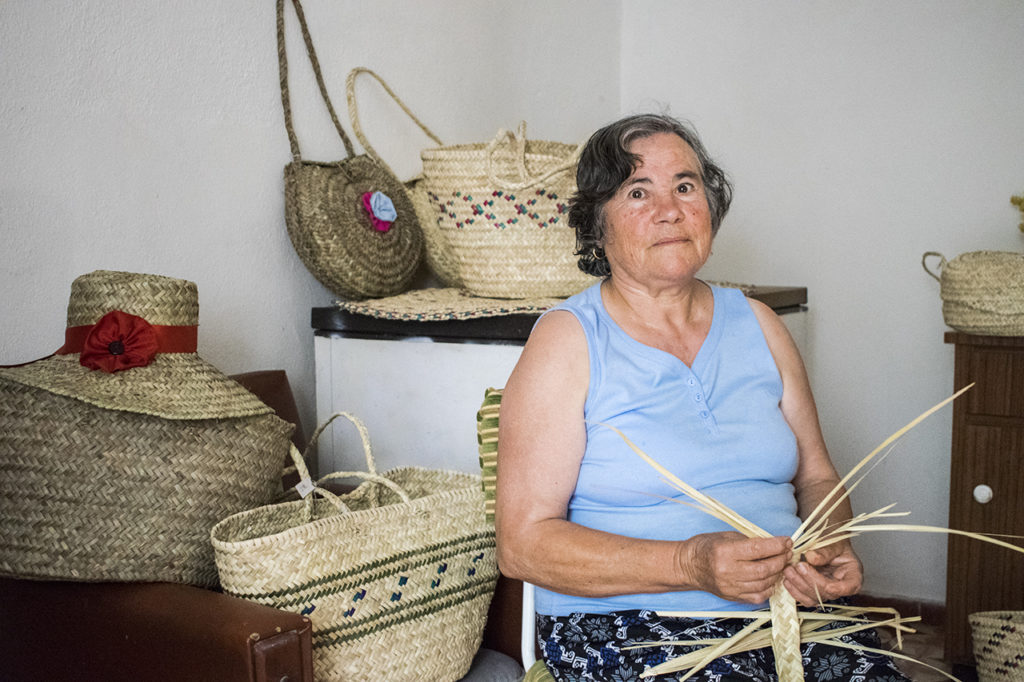
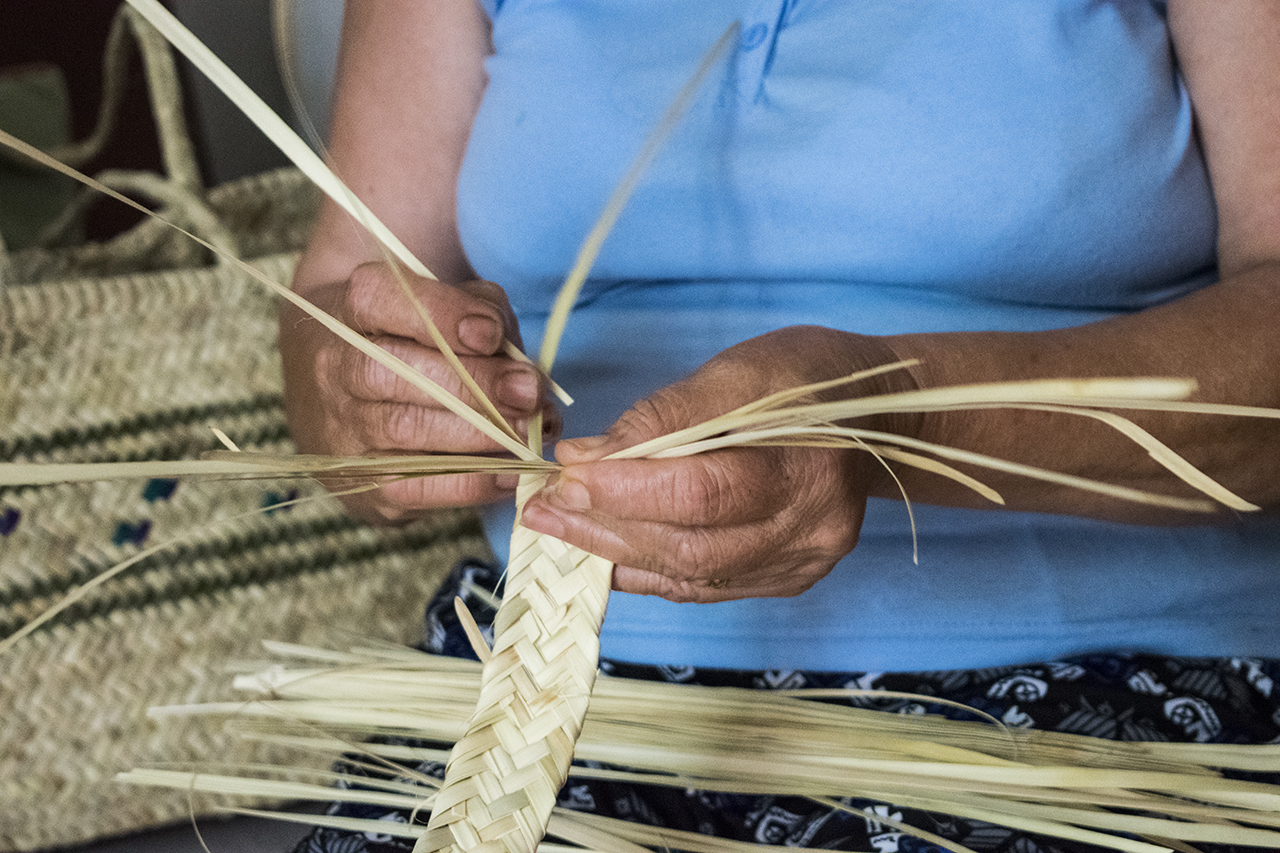
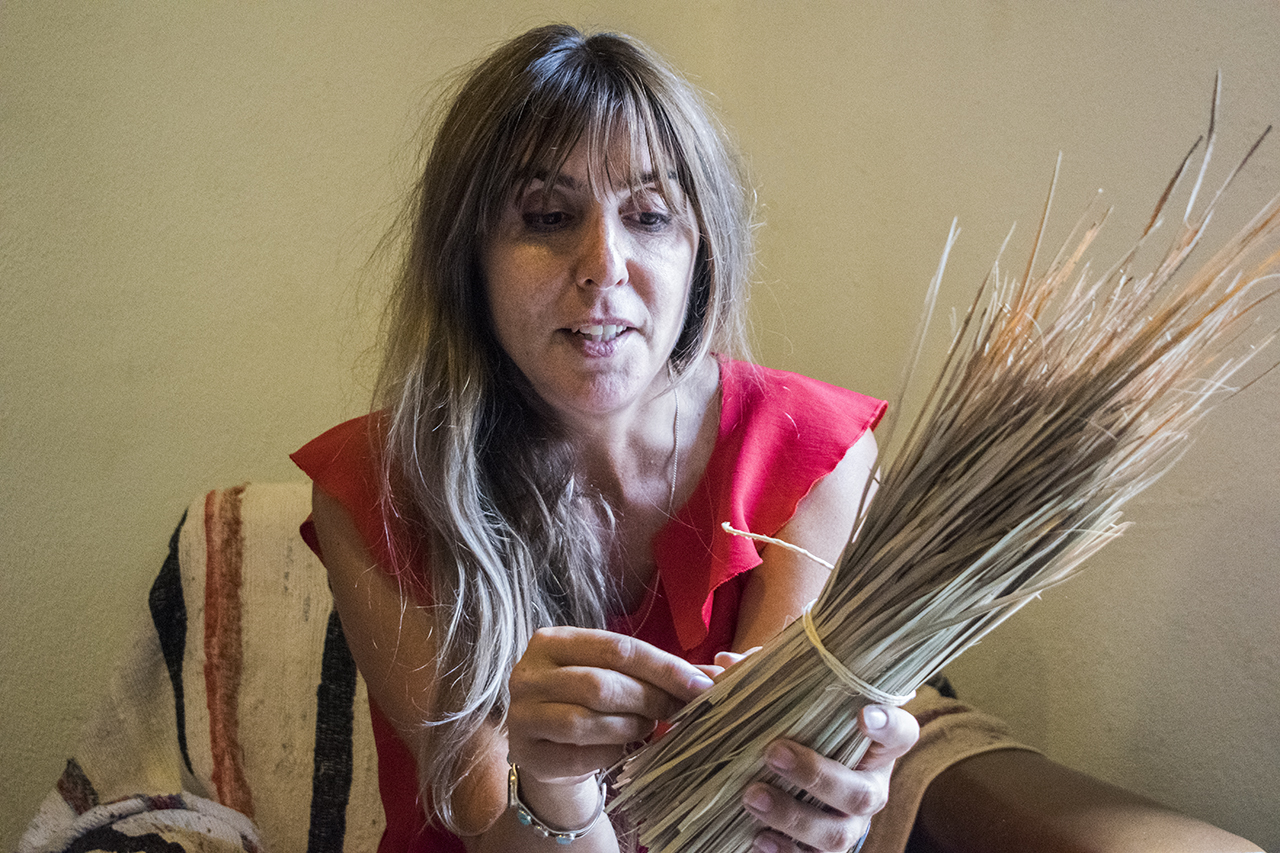
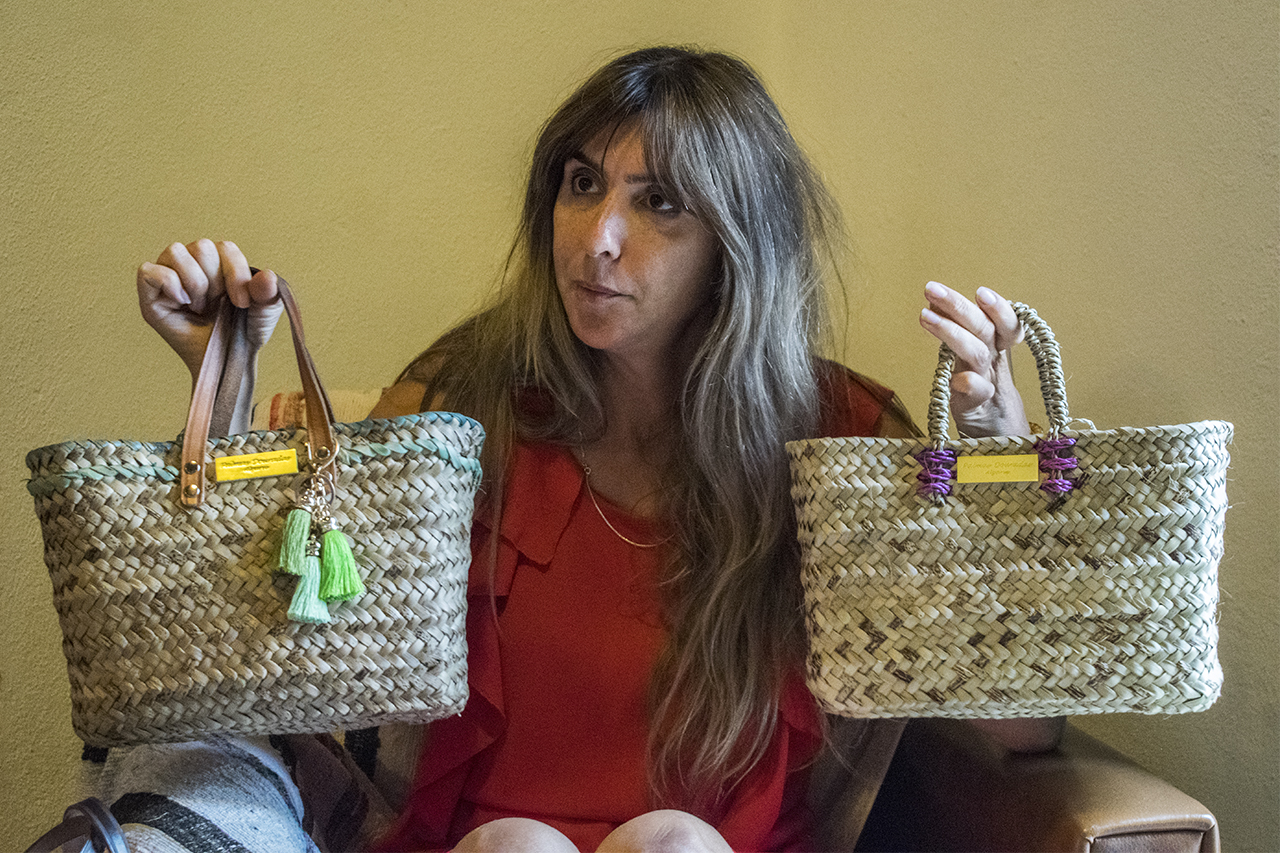
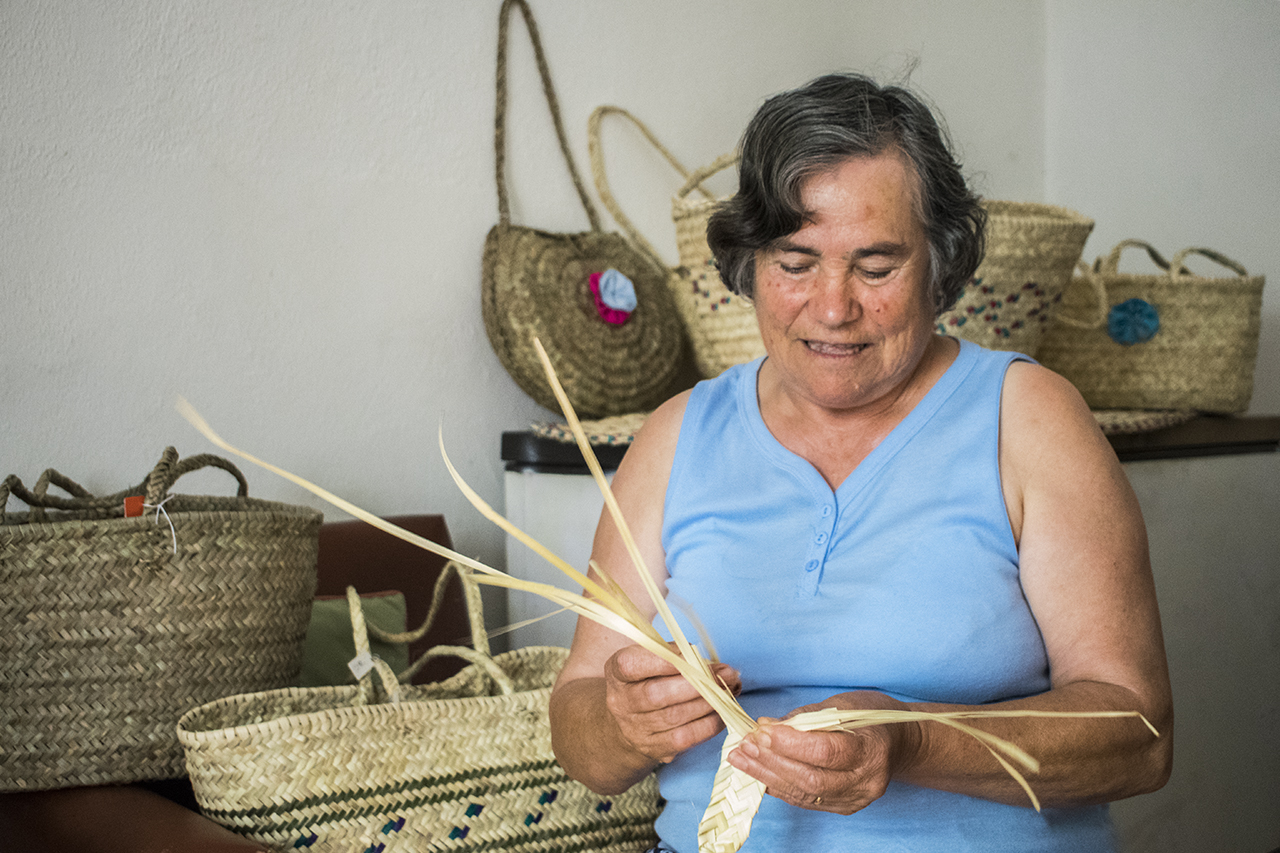
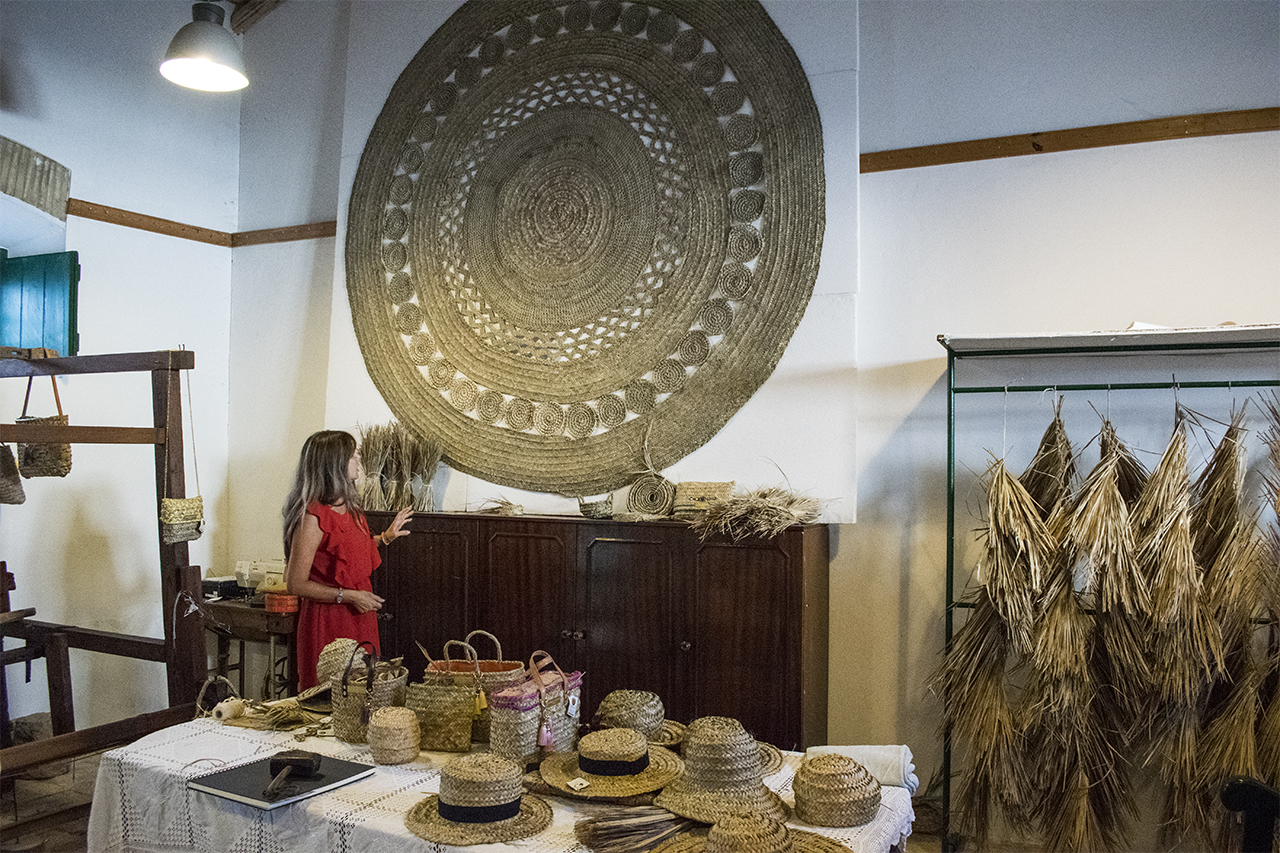
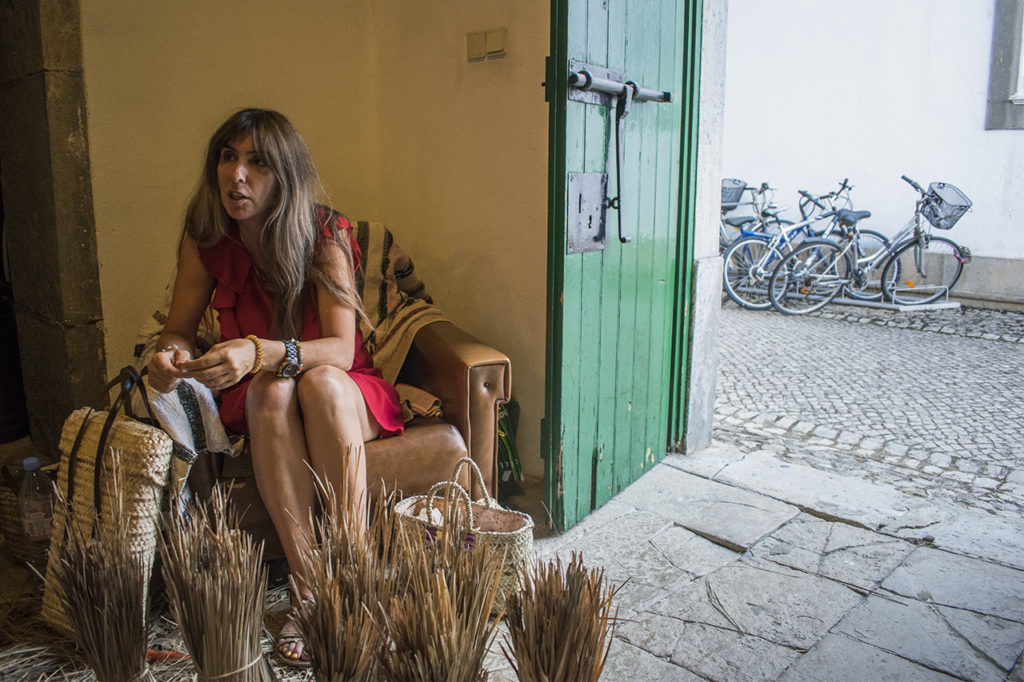
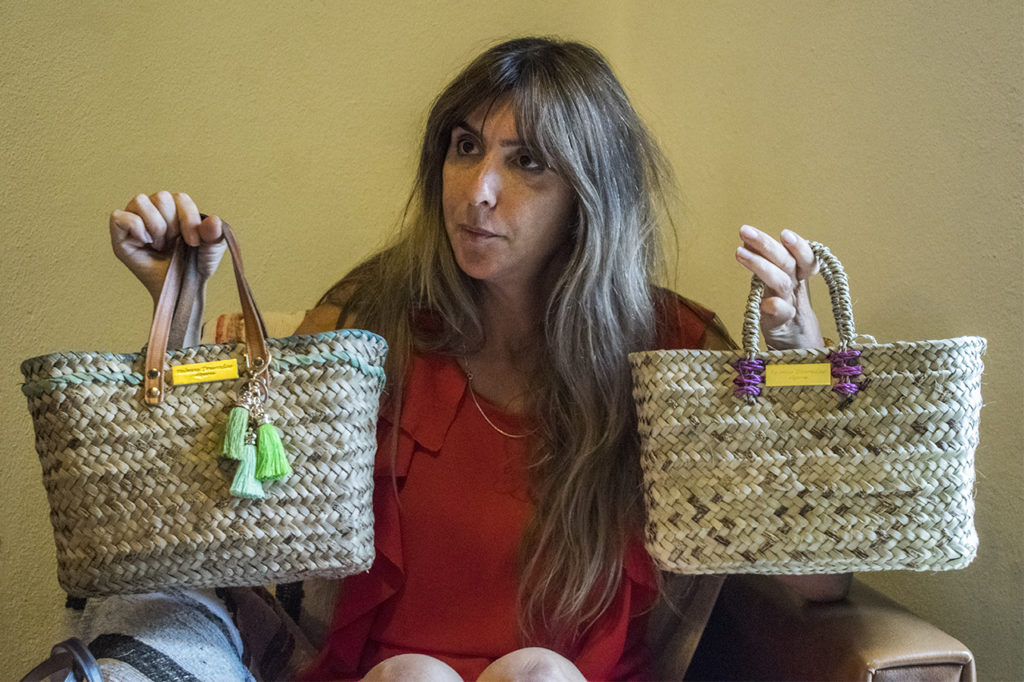
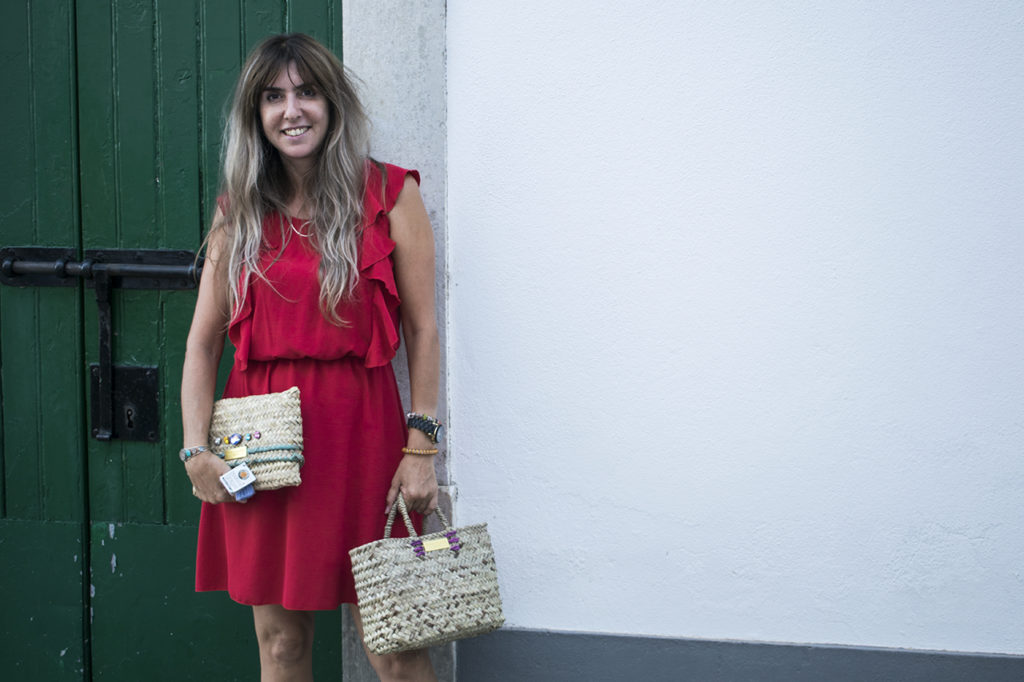
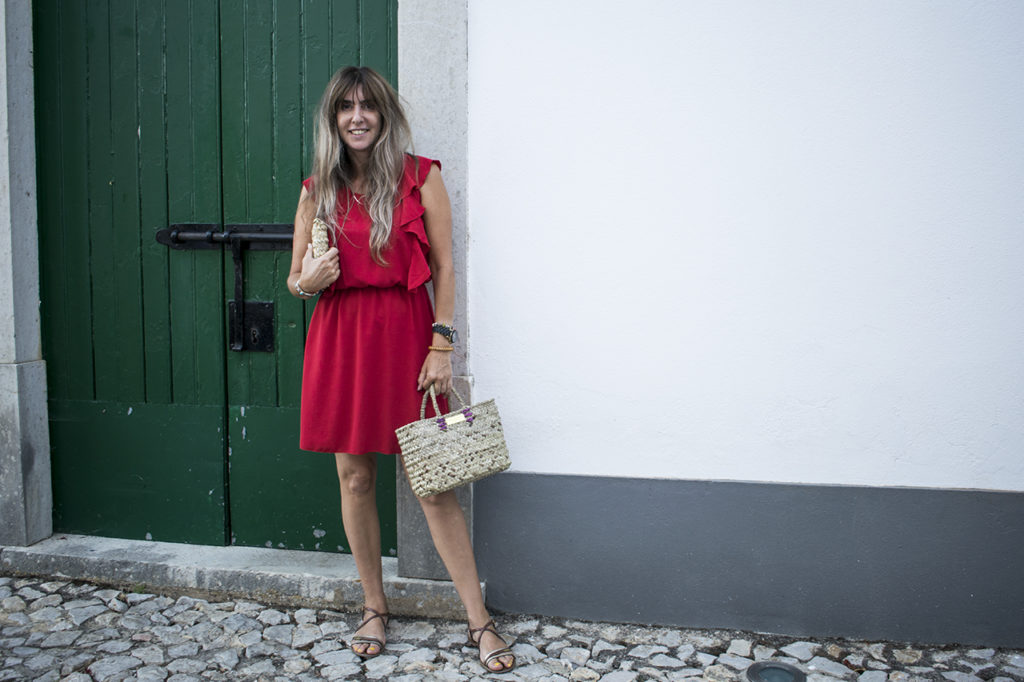
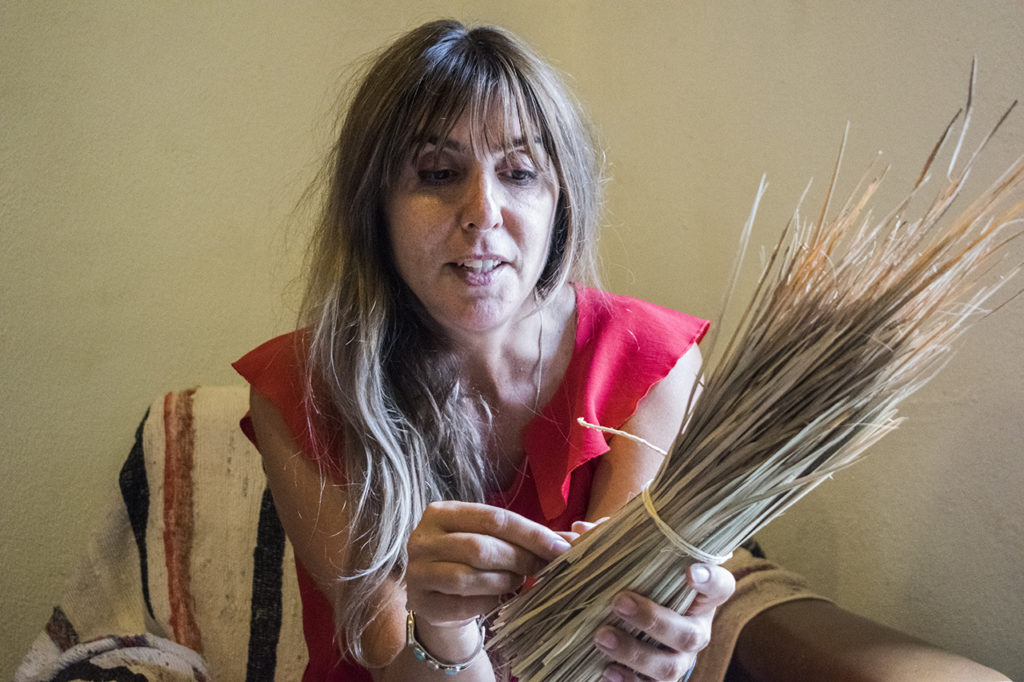
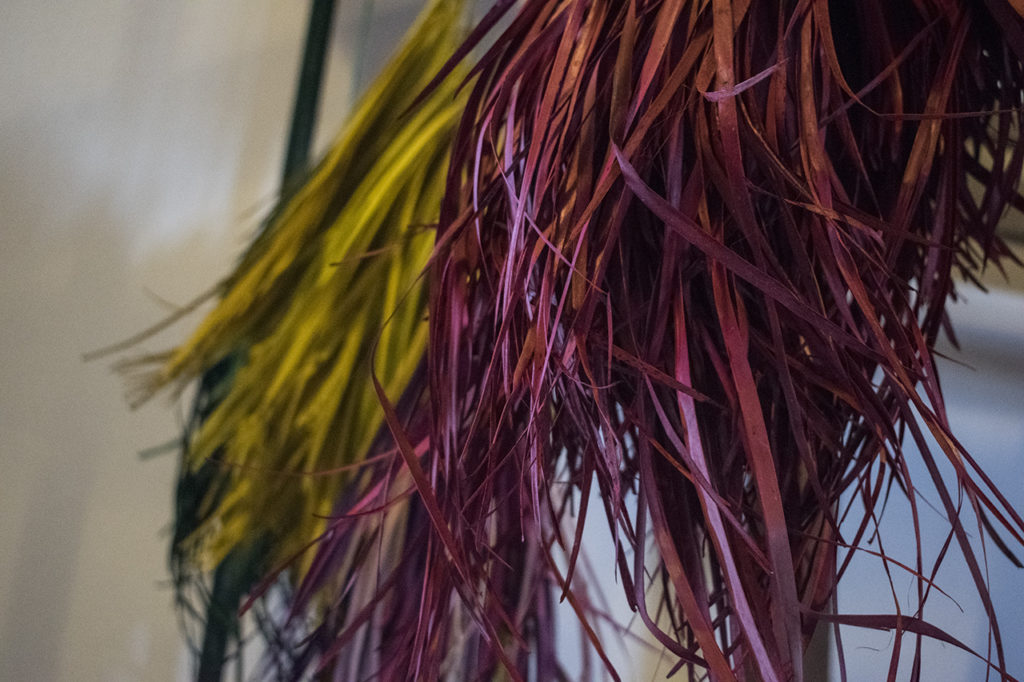
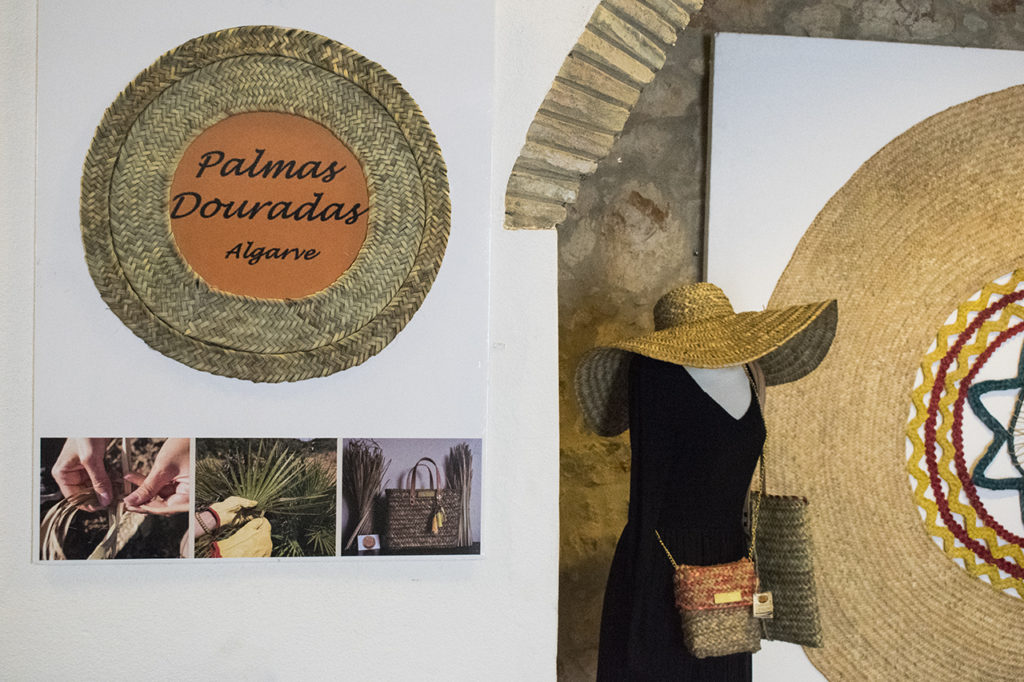
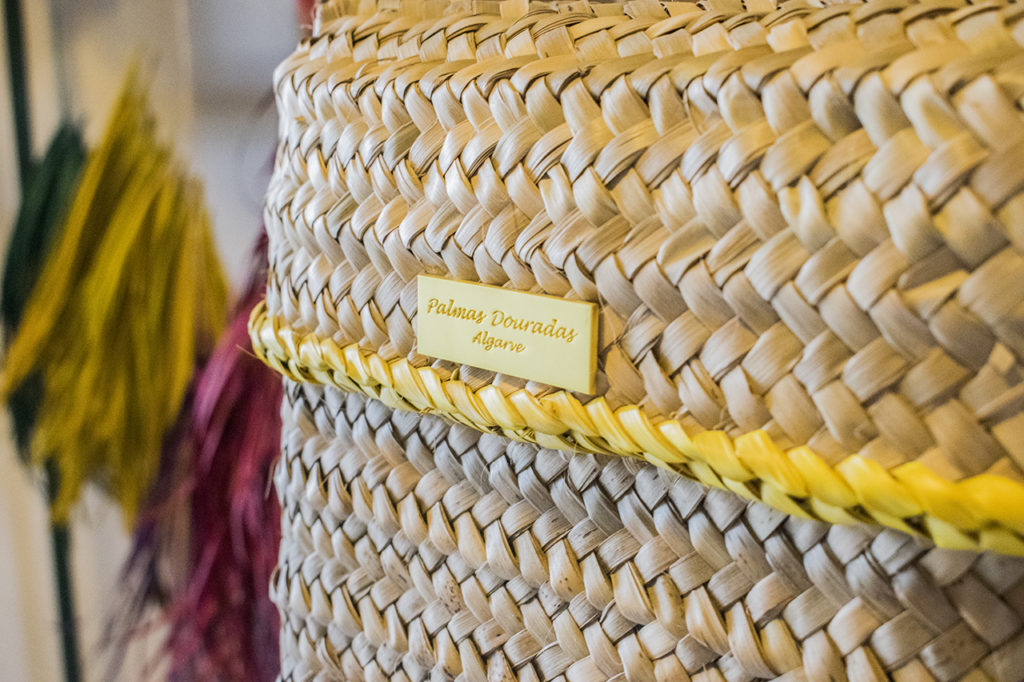
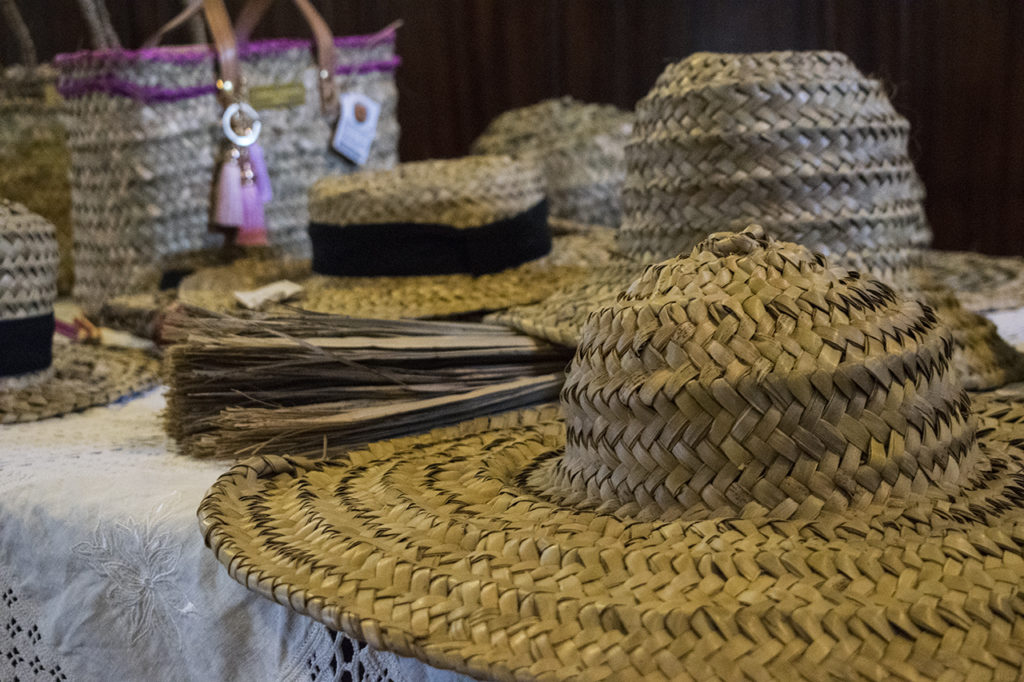
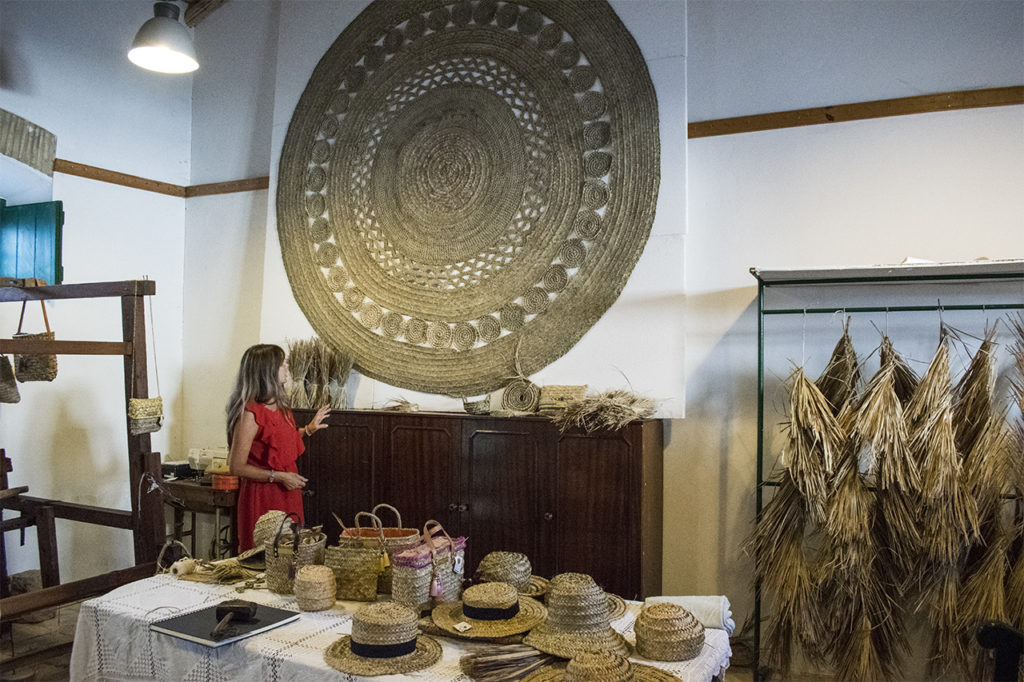

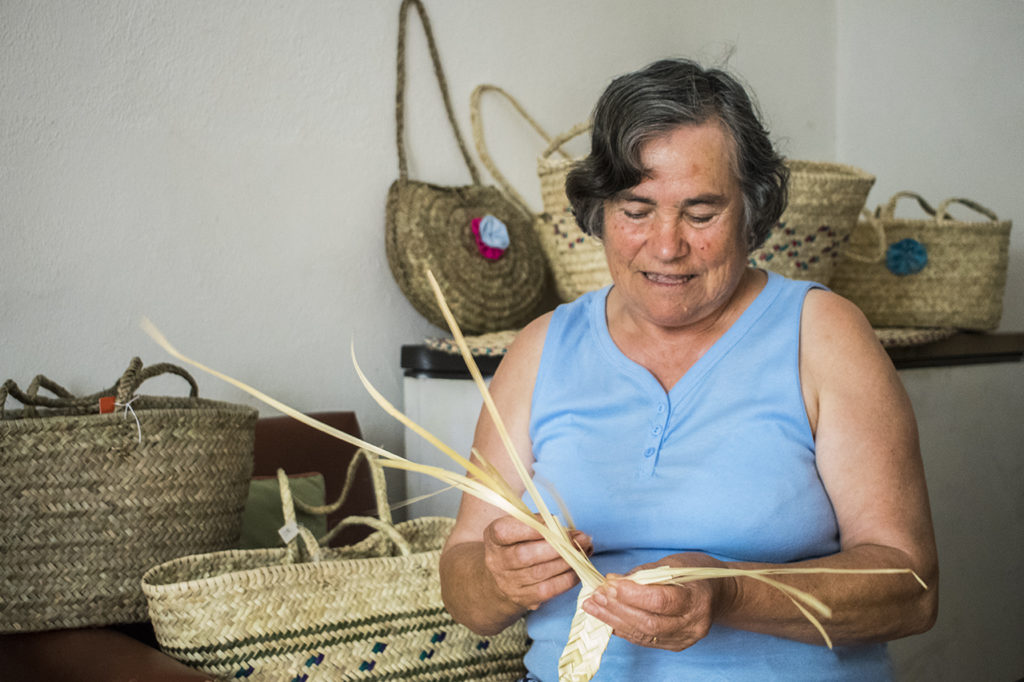
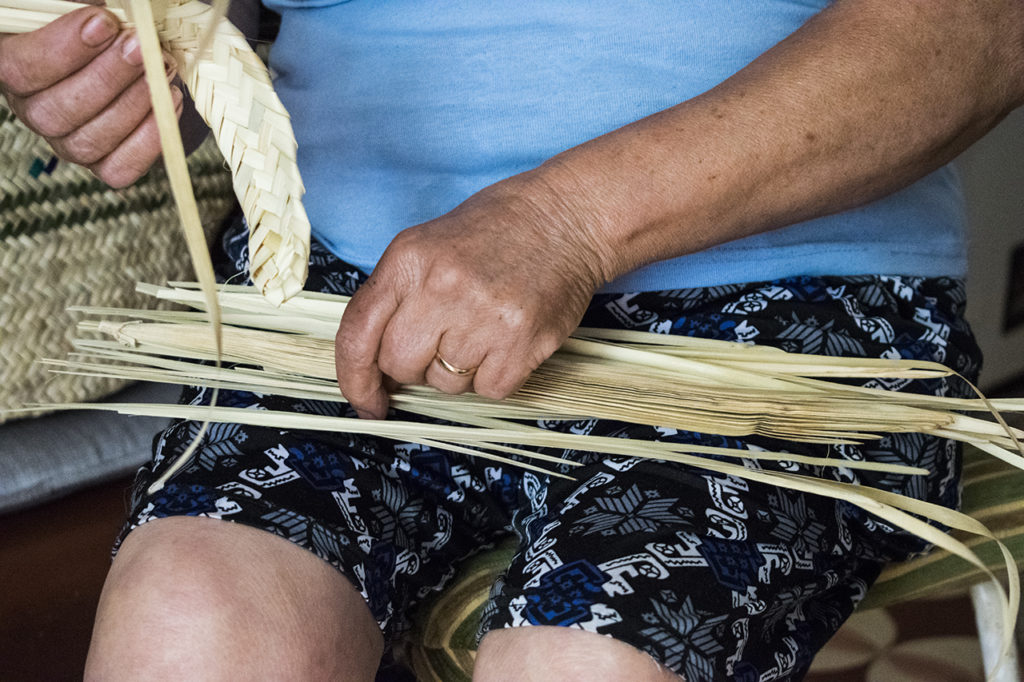
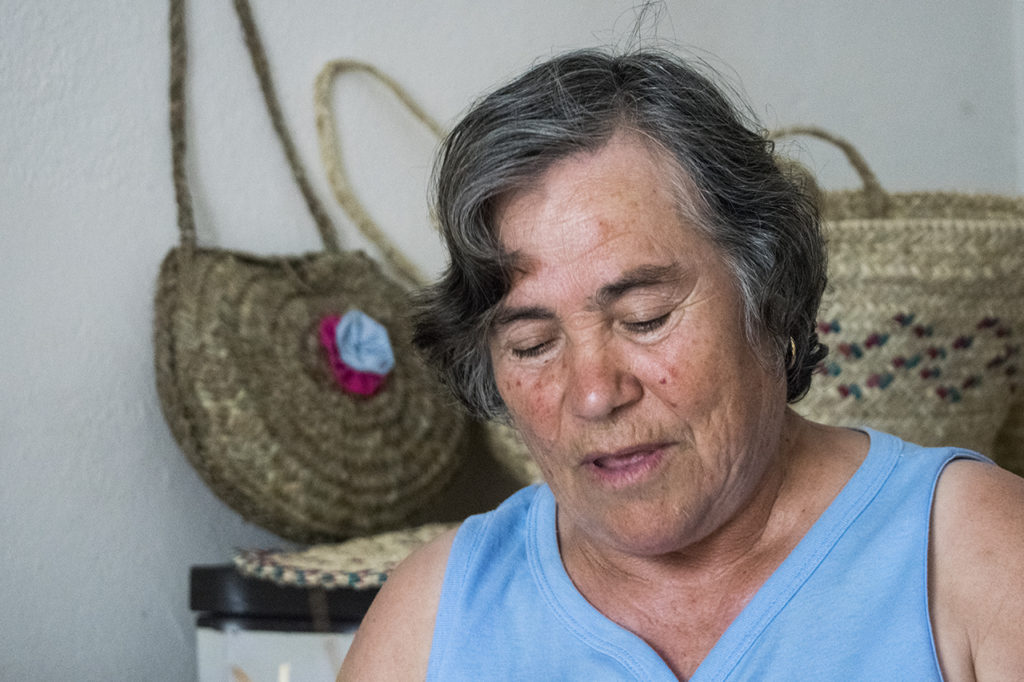
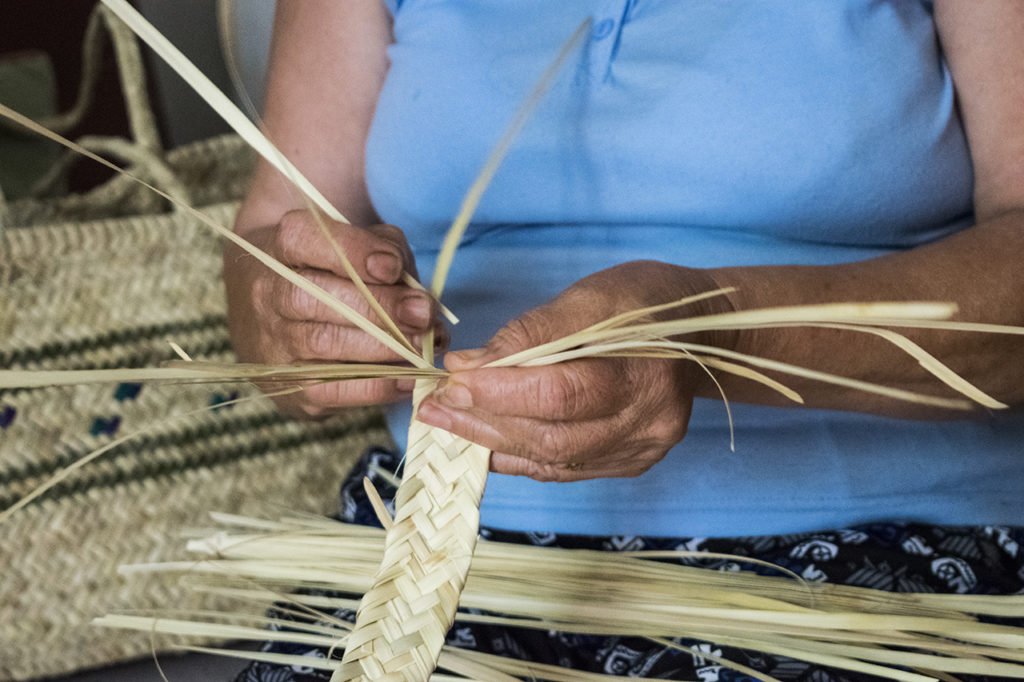


















Comments